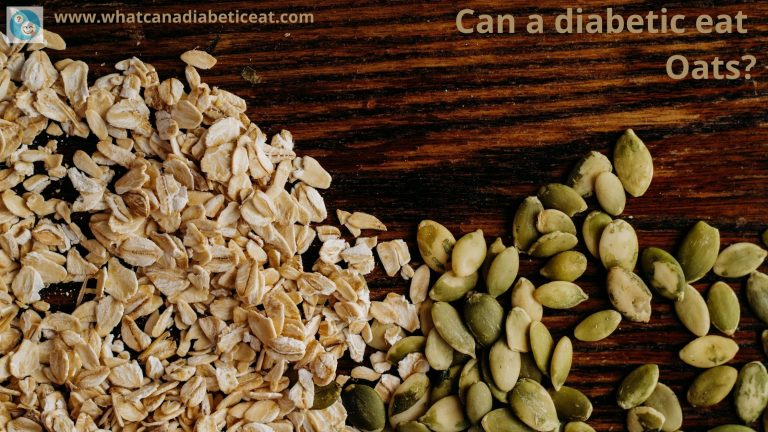Can a diabetic eat oats?
A diabetic can eat oats as long as portion size is moderate. But why is oatmeal good for you? There are many reasons why oats are good for you. For example, oats have vitamins, minerals, fibre, antioxidants etc. A regular diet of oats can offer a wide range of benefits for a diabetic. Oats based diet offers benefits such as lower blood sugar levels, lower cardiac disease risk, weight loss etc.
Oats are whole grain, gluten free. Gluten in itself does not raise blood sugar levels. So a diabetic can eat gluten unless advised otherwise by doctors. However, foods that have gluten are generally high in carbohydrates. Oats have no gluten and are low in carbs and one of the best grains to be included in a proper diabetic diet. Diabetics would be interested in knowing how many carbs are in oats and how long it takes to digest oats. Oats are low in carbs, around 30 grams of carbs in one cup of cooked oats ready to eat. Moreover, oats are a complex carbs with high satiety rating. Typically, you would take longer to digest oats than other regular commercially available breakfast cereal. One would take upto 2 hours to digest a bowl of cereal. As oats take longer to digest, a diabetic will not see blood sugar spikes. A diabetic will not also feel hungry soon after eating oats. This too helps keep blood sugar levels lower and helps lost weight. All these factors make oats a very good fit for a diabetic diet. So, many diabetic breakfast recipes include oats.
Are oats high in carbohydrates? What other nutrients are available in oats?
Oats are not really high in carbohydrates compared to other cereal or grains. For example, raw oats have about 66% carbohydrates. This may look high initially but 11% of this is fibre. A cup of cooked oats give you about 30gm of carbs. Oatmeal is a complex carb and rich in soluble fibre called oat beta glucan. Oats are very beneficial for a diabetic to eat. Oats give you more protein than many other grains or cereal.





